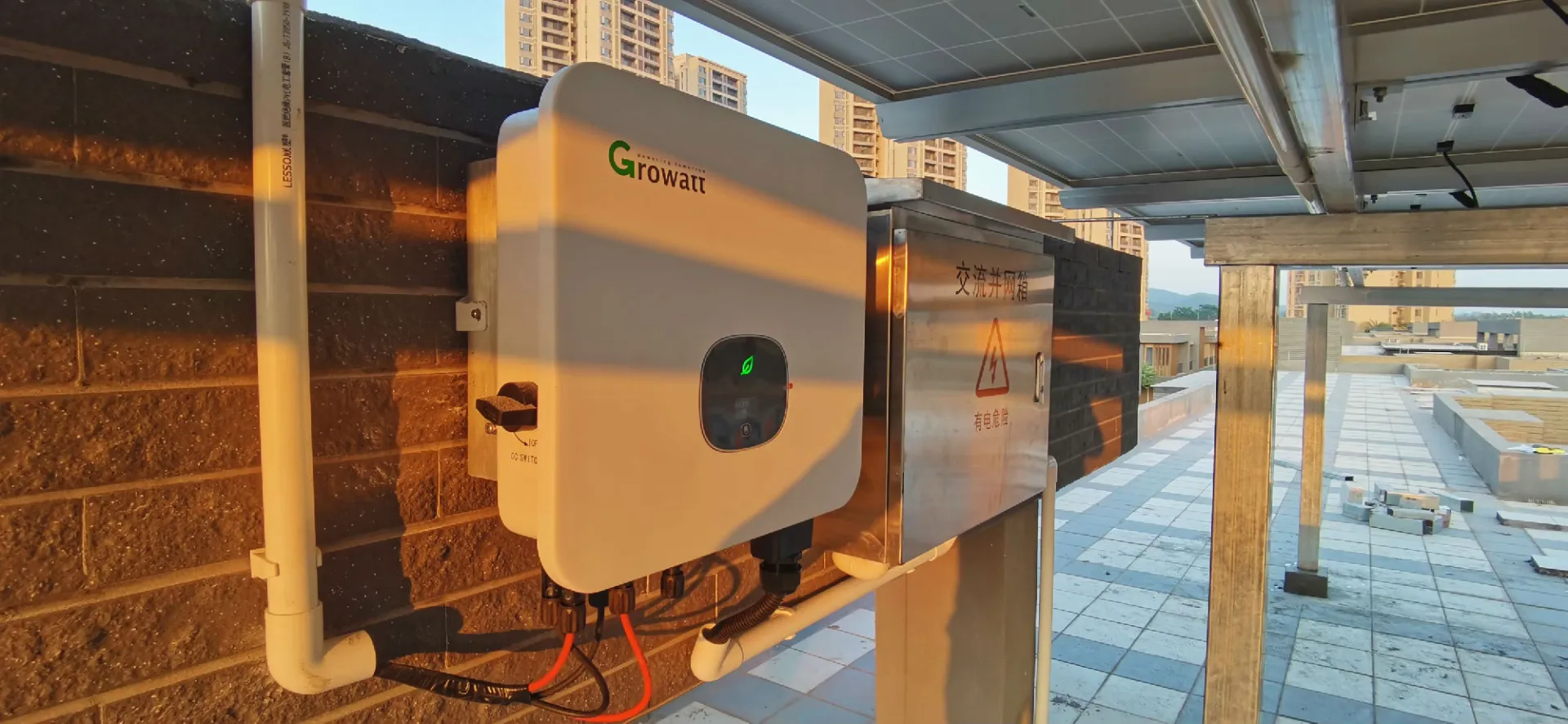Understanding the Performance of Solar Panels During Winter Conditions and Cold Weather
The Winter Performance of Solar Panels Maximizing Efficiency in Cold Conditions
As winter approaches, many homeowners and businesses begin to wonder about the efficiency of their solar panels in colder weather. There is a common misconception that solar panels are ineffective during winter months, particularly in regions that experience snow and low temperatures. However, a closer examination reveals that solar panels can perform exceptionally well in winter conditions, provided that certain factors are taken into account.
Solar Panel Efficiency in Cold Weather
First and foremost, it is essential to understand that solar panels operate based on the amount of sunlight they receive, not the temperature. In fact, photovoltaic (PV) cells, which make up solar panels, can be more efficient in colder temperatures. The electrical efficiency of solar panels typically decreases as temperatures increase. Conversely, with lower temperatures, the panels can operate at a higher level of efficiency. This means that during sunny winter days, solar panels can generate substantial energy, sometimes even more than they would during the hotter months.
The Impact of Snow and Ice
One concern for solar panel owners during winter is the accumulation of snow or ice on the panels. While a heavy layer of snow can temporarily block sunlight and reduce energy production, it usually will not cause long-term damage. Interestingly, solar panels are designed to shed snow easily due to their smooth surfaces and the heat they generate when exposed to sunlight. In many cases, the panels will self-clean once the sun comes out, as the heat helps to melt the snow. Furthermore, in areas that receive regular snowfall, solar panel installers often recommend tilting the panels at an angle to prevent significant snow accumulation.
solar panels winter performance

Solar Power Production Patterns
To better understand the winter performance of solar panels, it is crucial to consider sunlight availability during the season. Days are shorter in winter, which means less overall sunlight. However, clear winter days often provide intense sunlight, particularly in areas with high altitude or clear blue skies. While the total energy production may fall compared to summer months, solar panels can still generate significant energy during winter, especially in regions with consistent sunny days.
Maintenance Considerations
To optimize the performance of solar panels during winter, homeowners should take some proactive maintenance steps. It is crucial to keep the panels clean and free from debris, such as leaves and ice. Regular inspections can help identify any potential issues that might hinder performance. Additionally, trimming back any overhanging branches can ensure that the panels receive maximum sunlight exposure.
Conclusion
In conclusion, winter does not spell doom for solar panel efficiency. In fact, with the right conditions and proper maintenance, solar panels can perform quite well even in the cold months. While it's true that energy production may differ from summer levels, the benefits of reduced temperatures on efficiency and the potential for sunny winter days make solar energy a reliable option year-round. By understanding the dynamics of solar panel performance in winter, users can make informed decisions and maintain a sustainable energy source that continues to yield benefits, no matter the season. Embracing solar energy not only contributes to environmental sustainability but also provides significant savings on energy costs, making it a wise investment year-round.
-
Navigating Off Grid Solar Inverter: From Use Cases to Trusted PartnersNewsAug.05,2025
-
Solar Edge String Inverter: A Wholesaler’s Guide to Inverter Technology SelectionNewsAug.05,2025
-
Microinverters: Revolutionizing Solar Energy UseNewsAug.05,2025
-
Future of Monocrystalline Solar Panel Efficiency: Latest Technological AdvancesNewsAug.05,2025
-
Solar Panels for House: A Complete Guide to Residential Solar EnergyNewsAug.05,2025
-
Panel Bifacial Performance in Snow and Low-Light ConditionsNewsAug.05,2025







